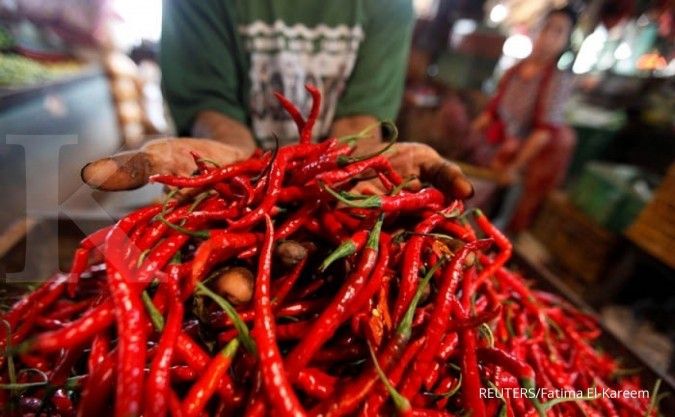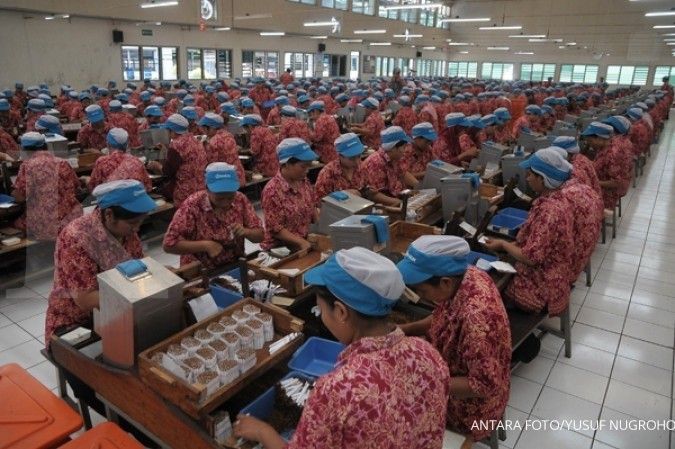JAKARTA. Results of the weekly price survey conducted by Bank Indonesia (BI) show that inflation rate remained below 0.5% by the middle of this month.
In fact, according to BI Senior Deputy Governor Mirza Adityaswara, the inflation rate remained standing at around 0.2% by the second week of December 2016. The figure reflects that the inflation rate in December 2016 can still be controlled, despite it was higher than 0.18% during the first week.
Based on this estimation, according to Mirza, the inflation rate at the end of 2016 may be standing at below of 3% on year on year (yoy) basis. This assumption is also supported with the inflation rate in November 2016 that stood at 2.79% (yoy).
If BI’s prediction is right, this year’s inflation will be the lowest since 2009. The inflation rate during the monetary crisis period was 2.78% (yoy), after the inflation rate in 2008 skyrocketed to 11.06%. Previously, BI predicted that the inflation rate will be ranging at 3%-3.2% (yoy) by the end of 2016. This prediction is lower than the inflation rate of the last year that was 3.35%.
Previously, Executive Director of Communication Department at BI Tirta Segara said that the core inflation in this year can be controlled, thanks to the limited domestic demands, controlled inflation expectation, and the stronger rupiah exchange rate.
Prices go down?
According to Tirta, the administered prices experience deflation due to the low energy price. On the other hand, the inflation pressure of the volatile food is increasing due to the interruption of supplies, mainly because of weather factor.
The data on December 2016 National Staple Needs Prices released by Ministry of Trade reflect the low inflation. According to the data, the prices of curly red chili, red chili, and shallot were decreasing. During 1 December-23 December 2016, the prices of curly red chili, red chili, and shallot have decreased from Rp 49,490 per kg to Rp 43,990 per kg, Rp 46,970 per kg to Rp 41,290 per kg, and Rp 41,110 per kg to Rp 38,820 per kg, respectively.
However, the prices of beef, chicken, and chicken egg were increasing in that period. On 1 December 2016 the prices of those three commodities were Rp 113,810 per kg, Rp 29,700 per kg, and Rp 22,070 per kg. However, the prices of each commodity on 23 December increased to Rp 114,720 per kg, Rp 32,150 per kg, and Rp 24,340 per kg.
However, the General Chairman of the Association of Indonesian Market Merchants (Ikappi) Abdullah Mansyuri said that the food prices have been increasing since the middle of December 2016. The prices even have been increasing in a gradual manner of around 5% in every year.
According to Abdullah, in average, the prices of foods may increase by 40%-50% by the end of December if the government does not take real actions on providing foods supplies.
Chief Economist at Bank Mandiri Anton Gunawan expects, the inflation rate by the end of the year will stand at 3.3% (yoy). According to Anton, the controllable inflation rate of this year shows improvement in the domestic economy. Nevertheless, he said that low inflation rate of this year reflects the sluggish public demands.
(Muhammad Farid/Translator)
/2016/12/01/1719405565p.jpg)











